<char> @style Types¶
Note
@style types for <char> elements occurring within <note>
An additional list of <char> @style types are defined for use in the context of footnotes and cross references. These are described in this document together with the definitions for the <note> elements used for footnotes and cross references.
Special Text¶
- @style
ior
- Use
Introduction outline reference range.
An introduction outline entry typically ends with a range of references, sometimes within parentheses. This is an optional char style for marking these references separately.- Valid In
-

- @style
iqt
- Use
Introduction quoted text.
Scripture quotations, or other quoted text, appearing in the Book Introduction.- Valid In
- @style
add
- Use
Translator’s addition.
Words added by the translator for clarity – text which is not literally a part of the original language, but which was supplied to make the meaning of the original clear.- Valid In
Any valid <char>

- @style
bk
- Use
Quoted book title.
- Valid In
Any valid <char>
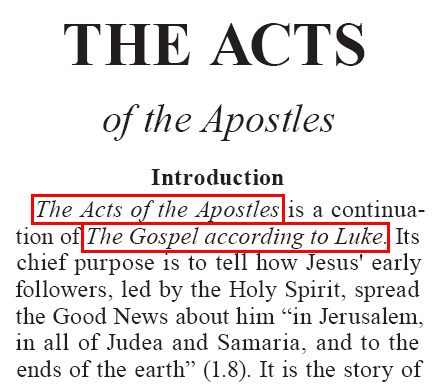
- @style
dc
- Use
Deuterocanonical/LXX additions or insertions in the Protocanonical text.
- Valid In
Any valid <char>
- @style
k
- Use
Keyword / keyterm.
- Valid In
Any valid <char>
- @style
nd
- Use
Name of God (name of deity).
- Valid In
Any valid <char>
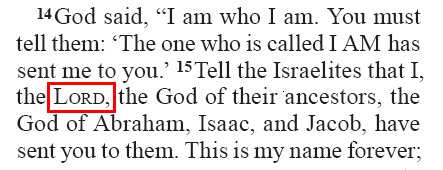
- @style
ord
- Use
Ordinal number ending (i.e. in 1st —
1<char style="ord">st</char>).- Valid In
Any valid <char>
- @style
pn
- Use
Proper name.
- Valid In
Any valid <char>
- @style
qac
- Use
Used to indicate the acrostic letter within a poetic line.
- Valid In
Any valid <char>
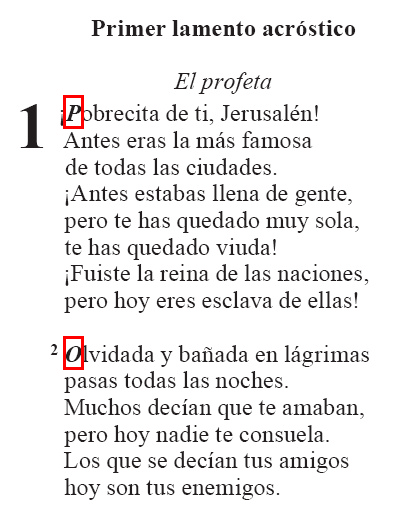
- @style
qs
- Use
Used for the expression “Selah” commonly found in Psalms and Habakkuk.
This text is frequently right aligned, and rendered on the same line as the previous poetic text, if space allows.- Valid In
Any valid <char>
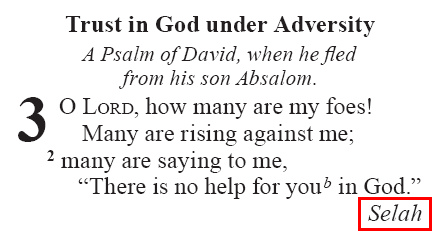
- @style
qt
- Use
Quoted text.
Old Testament quotations in the New Testament, or other quotations.- Valid In
Any valid <char>
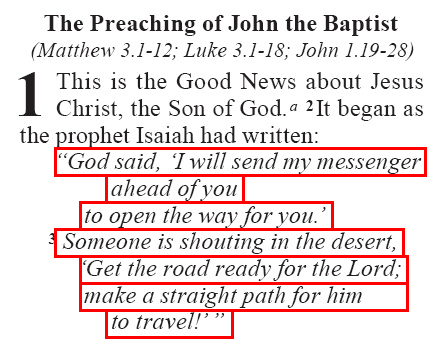
- @style
rq
- Use
Inline quotation reference(s).
A reference indicating the source text for the preceding quotation (usually an Old Testament quote).
The reference(s) are intended to be formatted within the scripture body text column, and not extracted from the text as are regular cross-references. They are also typically separated from the main text of Scripture using a different type style and alignment.- Valid In
Any valid <char>
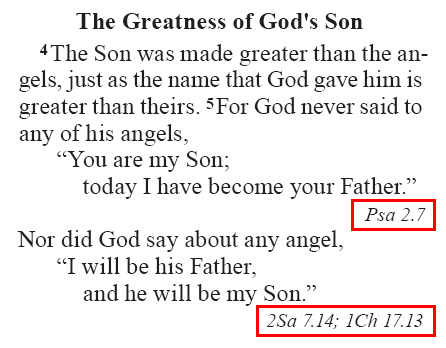
- @style
sig
- Use
Signature of the author of an epistle.
- Valid In
Any valid <char>

- @style
sls
- Use
Passage of text based on a secondary language or alternate text source.
For example: The Nouvelle Bible Segond 2002 (NBS02) has large sections of text in EZR and DAN in italics, to represent where the original text is in Aramaic, not Hebrew.- Valid In
Any valid <char>
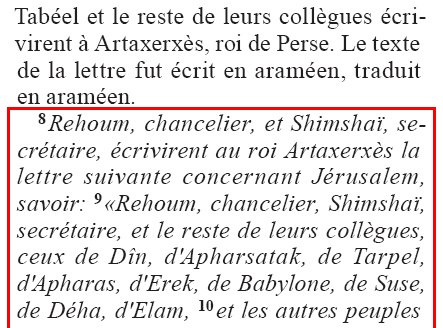
- @style
tl
- Use
Transliterated (or foreign) word(s).
- Valid In
Any valid <char>
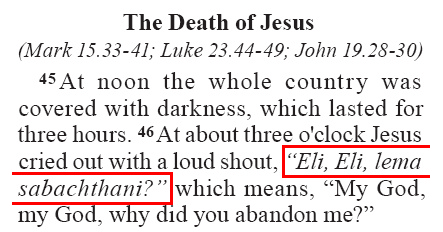
- @style
wj
- Use
Words of Jesus.
- Valid In
Any valid <char>
Character Styling¶
- @style
bd
- Use
Bold text.
- Valid In
Any valid <char>
- @style
bdit
- Use
Bold + Italic text.
- Valid In
Any valid <char>
- @style
em
- Use
Emphasis text.
- Valid In
Any valid <char>
- @style
it
- Use
Italic text.
- Valid In
Any valid <char>
- @style
no
- Use
Normal text.
May be used when a containing paragraph element may be set in an alternate font style (e.g. italic), and a selection of text should instead be displayed in normal style.- Valid In
Any valid <char>
- @style
sc
- Use
Small-cap text.
- Valid In
Any valid <char>
Special Features¶
pro
w
wg
wh
- @style
pro
- Use
Pronunciation information
Used for CJK texts.- Valid In
Any valid <char>
- @style
w
- Use
Wordlist/glossary/dictionary entry.
Surround word(s) with this char style to indicate that it appears (or should appear) in a published word list/glossary.- Valid In
Any valid <char>
- @style
wg
- Use
Greek word list entry.
- Valid In
Any valid <char>
- @style
wh
- Use
Hebrew word list entry.
- Valid In
Any valid <char>